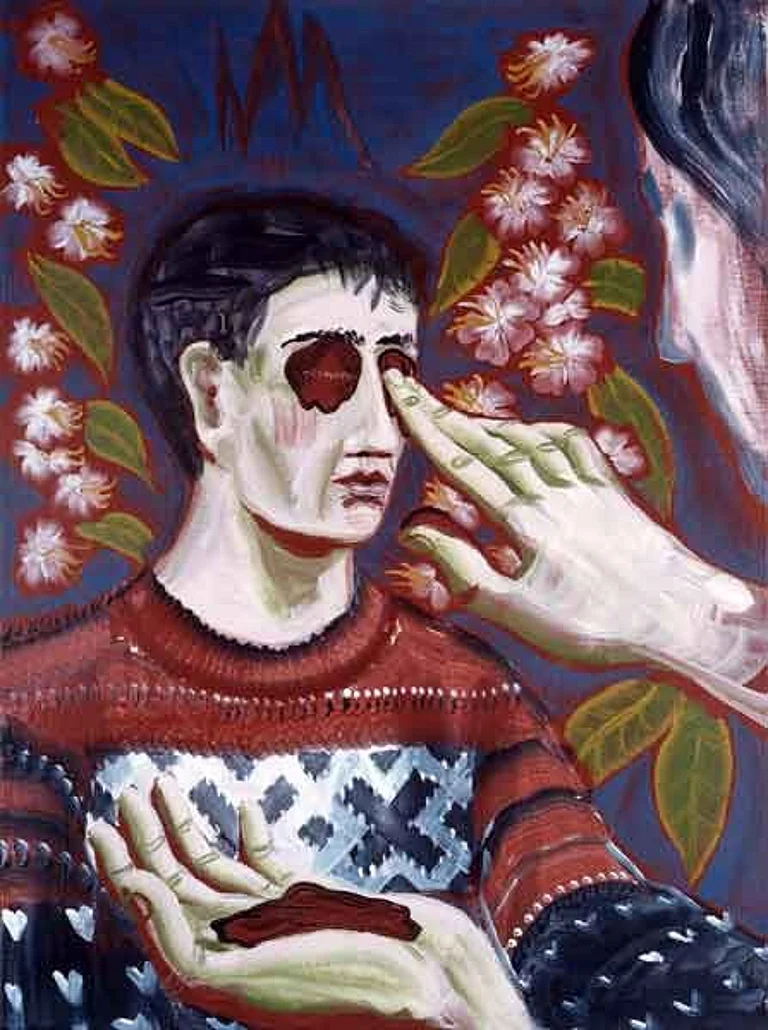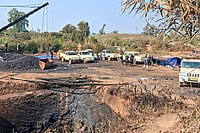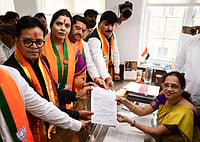Last October, popular Bengali author Sunil Gangopadhyay wrote a novella for thefestival issue of a leading Bengali magazine. A few weeks later, he chanced upon a boundcopy of the same novella in a Calcutta bookshop. Gangopadhyay was vexed: he had not giventhe novellas copyright to any publisher. Then friends told him that the piratedcopies had been published from Bangladesh and had already sold a few thousand copies inthat country.
Gangopadhyays plight is shared by almost all the leading novelists of West Bengaltoday. Over the years, the authors and the local publishing industry have been hit hard bythe scourge of piracy in neighbouring Bangladesh. The geo-lingual affinity of Bangladeshwith West Bengal makes it a serious problem. Calcutta-based publishers reckon that Bengalibook exports to Bangladesh have dropped a worrisome 80 per cent due to piracy.
Authors from West Bengal have traditionally enjoyed a large constituency of readers inneighbouring Bangladesh. No wonder, Bangladesh with its population of 120 million hasturned out to be the biggest market for Bengali books. But the pitch has been queered by aclutch of dubious Bangladeshi publishing syndicates which make a killing by piratingtitles from across the border.
The Bengali publishers in Calcutta are helpless. One of the worst hit is AnandaPublishers, the biggest in the trade. Piracy has become a major problem for us. Fiveyears ago, we used to export books worth Rs 1.5 crore annually to Bangladesh. This has nowcome down to just Rs 25 lakh, says Badal Basu, chief of Ananda Publishers. Exportfigures of other leading publishing concerns like Deb Sahitya Kutir are also plummeting.Probir Majumder, owner of Deb Sahitya Kutir, one of Bengals oldest publishers, sayshis firms exports have dropped by 75 per cent in the past five years because ofpiracy. Pirated copies of one of its popular titles, a Rs-175 Bengali to Englishdictionary, is selling for Rs 125 in Bangladesh these days. This explains the inability ofthe publishers to export even a single copy of the dictionarycompared to 12,000copies (annual figure) just five years ago. Exporter Dibyaduti Pal says export of Bengalibooks has dropped by anything between Rs 7 and 8 crore because of the scourge.
Publishers across the border say that book piracy flourishes because of legalloopholes and the trade imbalance in books between the two countries. While Indiaexports books worth Rs 50 crore to Bangladesh, it imports a paltry Rs 30-40 lakh worth ofbooks from that country. Ashok Kumar Roy Nandi, a Dhaka-based publisher, says that piracyis encouraged by Indian publishers who hike title prices with every edition.Prices are hiked by up to 30 per cent with every new edition, says Roy Nandi.Piracy also happens when a popular title remains out of print for a long time.
Small wonder then that the Bengali authors in Calcutta are in deep funk. Bestsellingpopular writers like Gangopadhyay, Buddhadeb Guha, Sirshendu Mukhopadhyay, Shankar andSanjeev Chattopadhyay have suffered huge losses in royalty. The syndicates in Dhaka havenot even spared the titles of such celebrated authors as Rabindranath Tagore,Bibhutibhusan Bandhopadhyay, Manik Bandhopadhyay, Tarashankar Bandhopadhyay, BuddhadebBose, Samaresh Basu and Satyajit Ray. Novellas published in festival numbers are also putbetween covers and pirated. Popular novelist Sirshendu Mukhopadhyay cribs that sales ofhis books have dropped by 10 per cent because of piracy. Says he: The piratededitions are pretty well produced too.
So far, efforts to contain piracy have produced little result. Representatives from TheBook Sellers and Publishers Guild, a consortium of Bengali publishers, metBangladesh Prime Minister Hasina Wajed sometime ago and urged her to crack down on thesyndicates. Says guild chief Kalyan Shah: She had assured us that she would lookinto the matter. When Anandas Basu along with some leading authors met theBangladeshi prime minister three years ago, she told him: Lets see. You knowpeople are poor here.
But, clearly, not much has been done by Bangladesh considering the fact that bookexports from West Bengal continue to be in free fall. Now Calcutta publishers are slashingcover prices and giving away printing rights to Dhaka-based publishers in a desperateattempt to thwart the pirates. Publisher Majumder says exports of his bestsellingdictionary to Bangladesh have seen an upswing after he slashed its price. Patra Bharati,another publisher, is giving away printing rights of its titles to Bangladeshi publishersto save business. But fire-fighting alone wont help resuscitate Bengali publishing.


























